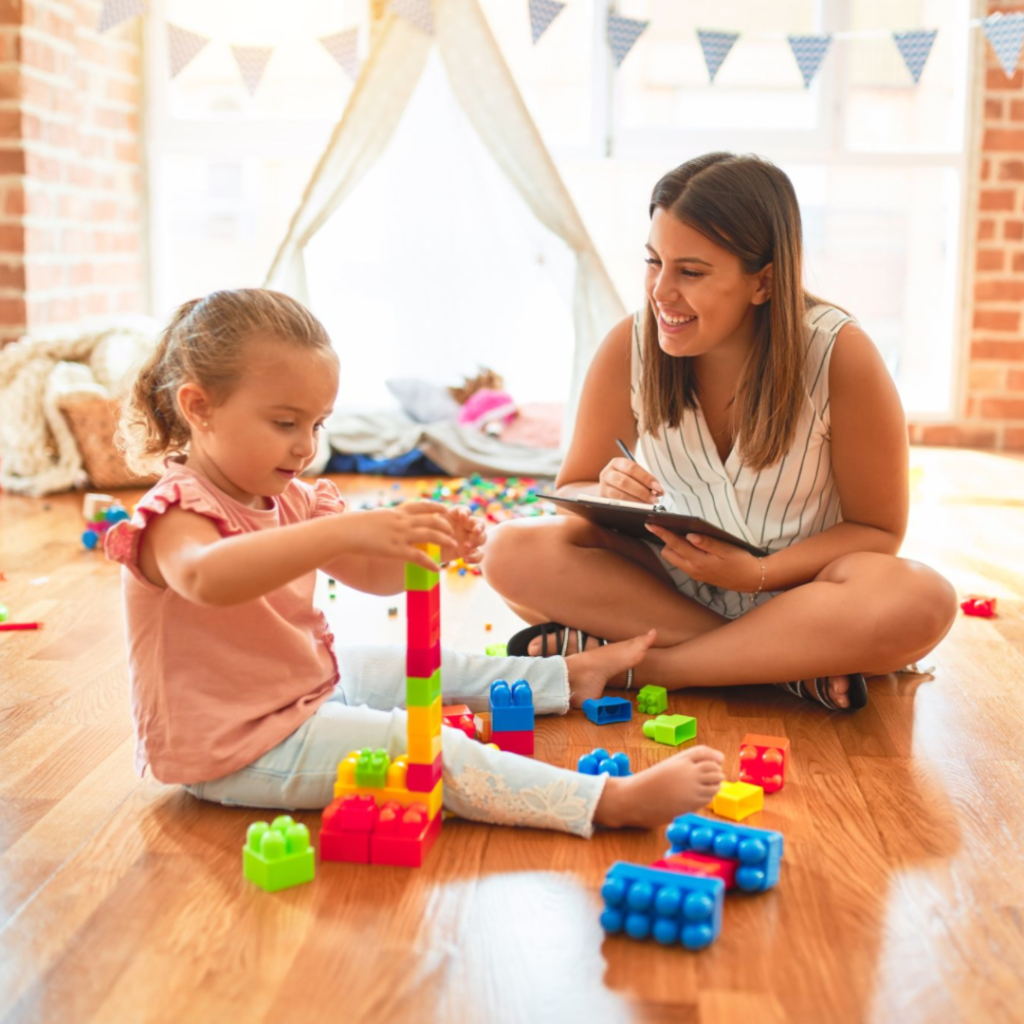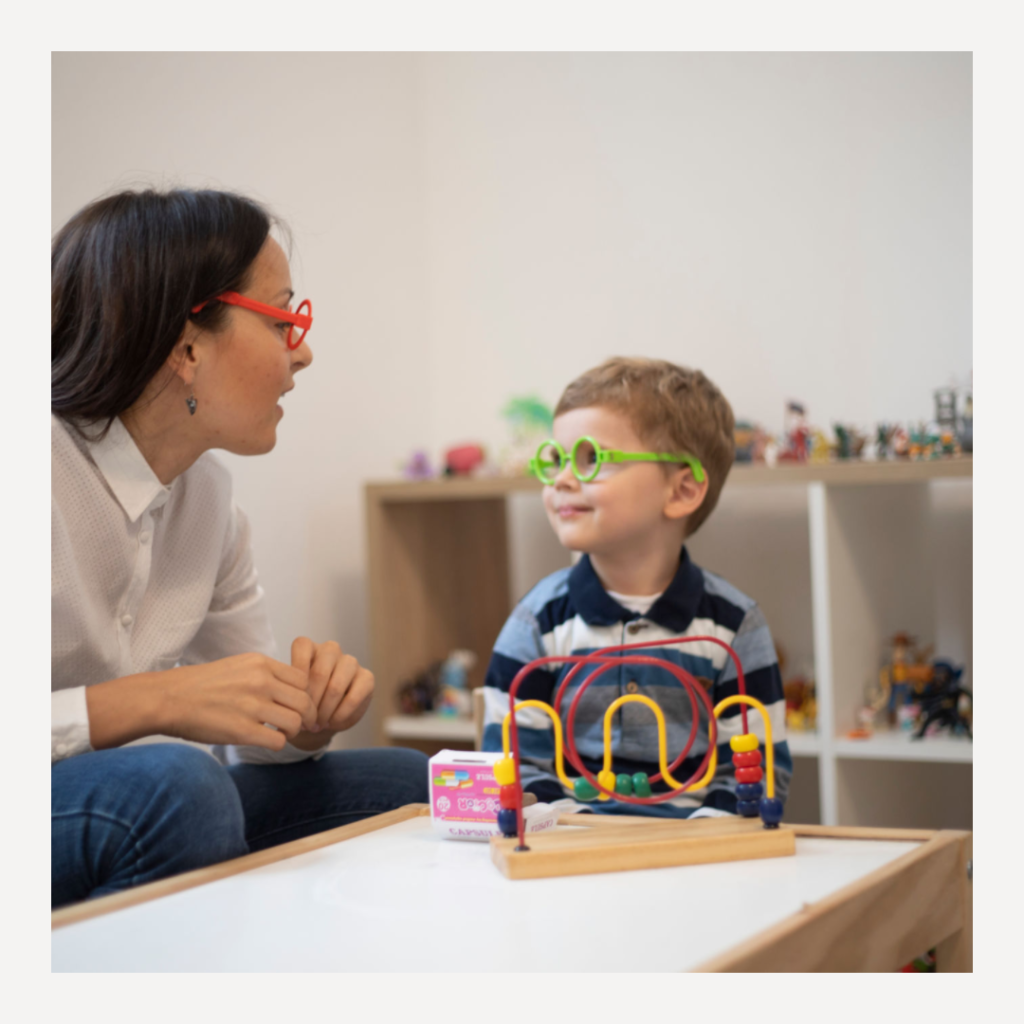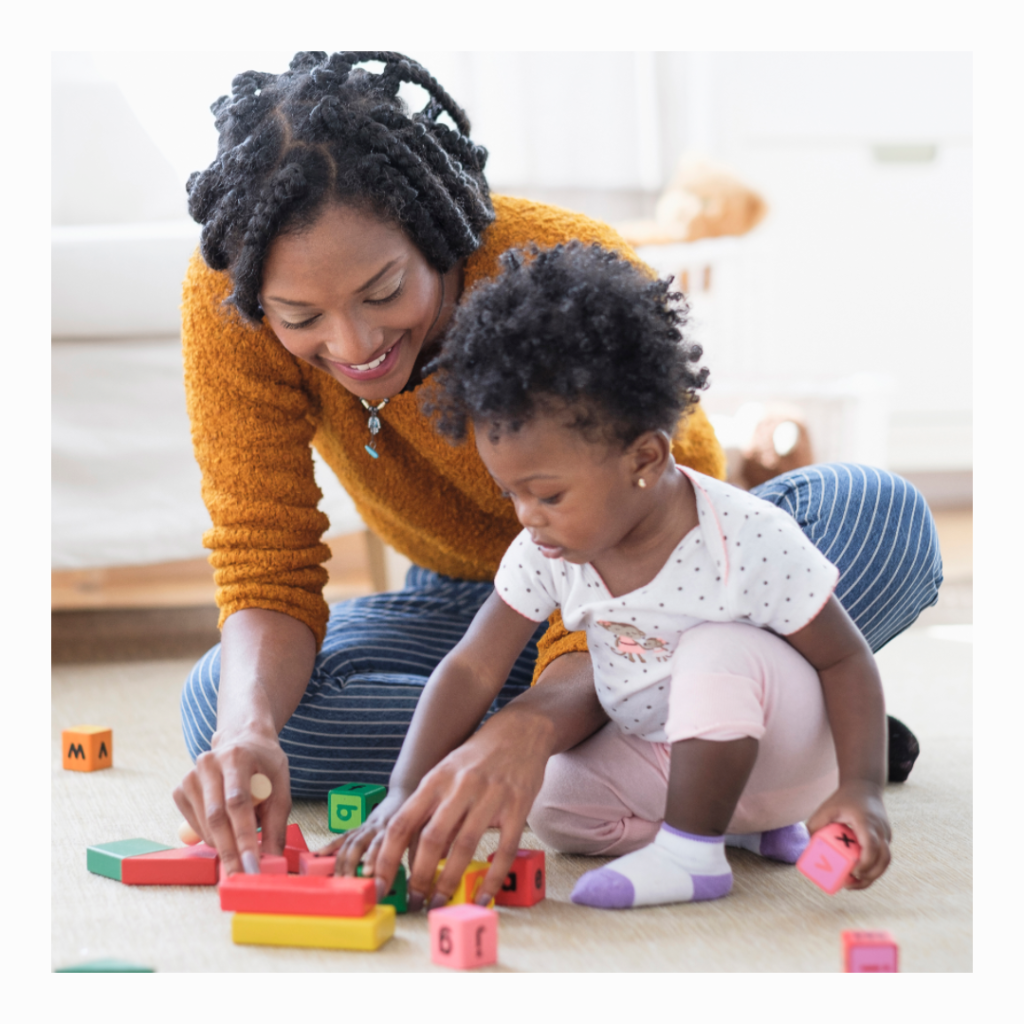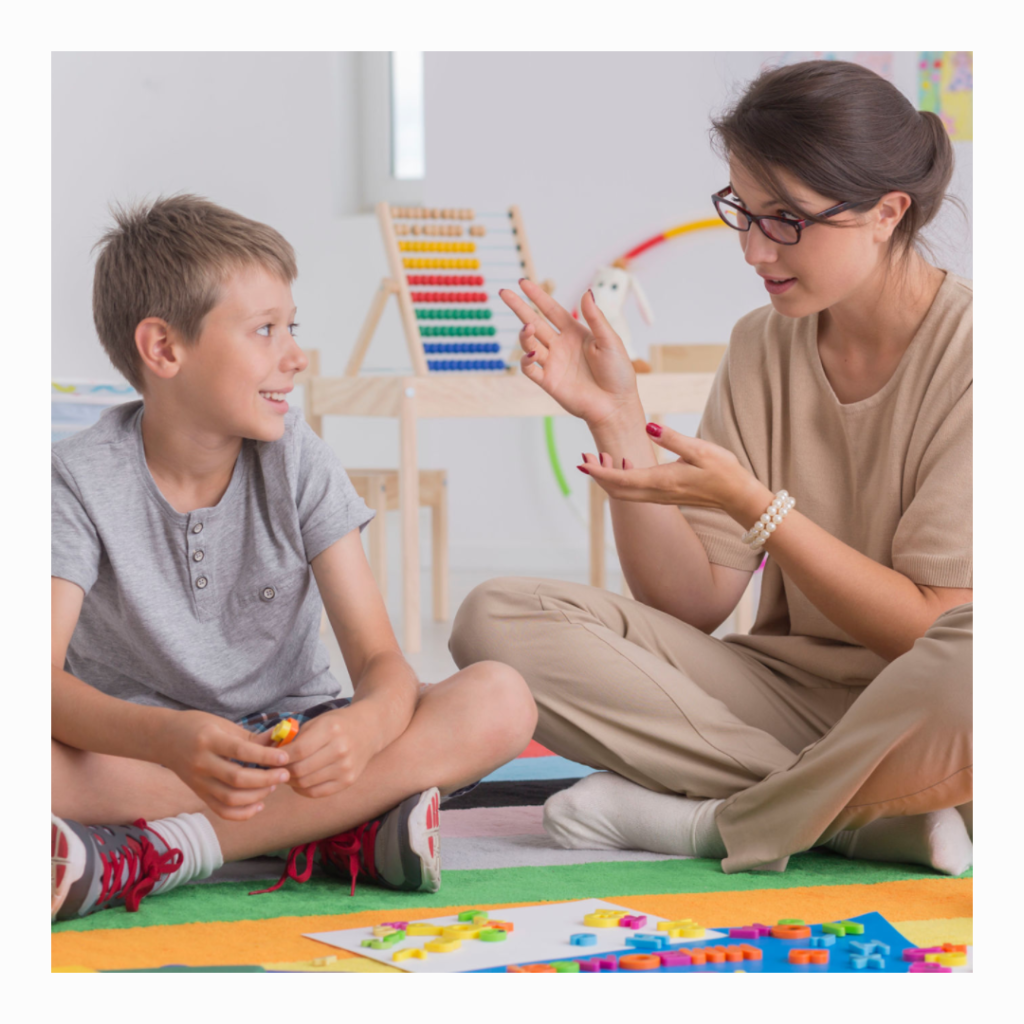This website uses cookies so that we can provide you with the best user experience possible. Cookie information is stored in your browser and performs functions such as recognising you when you return to our website and helping our team to understand which sections of the website you find most interesting and useful.


Unleashing the Power of Play: A Journey into Play Therapy
When we think of therapy, traditional images of talk therapy or counselling may come to mind. However, there’s a captivating and transformative approach that taps into the magical world of play – Play Therapy. Developed specifically for children, Play Therapy harnesses the inherent power of play to support their emotional growth, enhance their communication skills, and foster healing in a safe and nurturing environment.
What is Play Therapy, you ask? At its core, Play Therapy is a specialised form of therapy that allows children to express their thoughts, emotions, and experiences through play activities. It creates a space where young minds can freely explore their inner world and make sense of their experiences in a way that is natural and intuitive for them.


Why is play so important in therapy? Well, for children, play is their language, their way of understanding and interacting with the world. Through play, they can symbolically represent their thoughts and feelings, experiment with different roles and scenarios, and explore their imagination. It’s a powerful tool that allows them to express themselves when words may fail.
In a Play Therapy session, a trained and compassionate therapist provides a supportive environment filled with carefully selected toys, art materials, and other play materials. This allows the child to engage in various play-based activities, such as storytelling, puppetry, art, sand play, or even role-playing. The therapist closely observes the child’s play, noting themes, patterns, and symbols that emerge, which provide insights into their inner world.
Play Therapy offers numerous benefits to children facing various challenges, including:
Emotional Expression: Play provides a safe outlet for children to express and process their emotions, whether it’s joy, anger, sadness, or confusion. Through play, they can externalise and explore their feelings, gaining a better understanding of themselves and their experiences.
Problem-solving and Decision-making: Engaging in play allows children to practice decision-making skills, explore different solutions, and develop problem-solving abilities. They can learn to navigate challenges, make choices, and build resilience.
Self-esteem and Self-confidence: Play Therapy fosters a sense of accomplishment and empowerment in children. As they engage in play, they can experience success, build their self-esteem, and develop a positive self-image.
Healing and Trauma Resolution: For children who have experienced trauma or difficult life events, Play Therapy can be a powerful tool for healing. It helps them process and make sense of their experiences, providing a safe space to release emotional burdens and find resilience.
Social and Communication Skills: Play Therapy encourages children to interact with the therapist and engage in cooperative play, promoting the development of social skills, empathy, and effective communication.

It’s important to note that while Play Therapy is highly beneficial, it is not a one-size-fits-all approach. Each child’s journey is unique, and the therapy is tailored to their individual needs, strengths, and challenges. A skilled Play Therapist uses their expertise to meet the child where they are and guide them towards growth and healing.
If you’re considering Play Therapy for your child, it’s crucial to find a qualified and experienced Play Therapist who specialises in working with children. They will provide a safe and supportive environment for your child to explore, grow, and heal.

As parents, you also play an integral role in supporting your child’s emotional well-being. Consider incorporating play-based activities at home, engaging in imaginative play, and creating a space where your child feels heard and understood.
In the realm of Play Therapy, magic happens. It’s a world where children can express, explore, and heal. So let’s unleash the power of play and embark on a journey of discovery and transformation with our little ones.
Remember, sometimes the most profound healing happens through the most simple act.
If you like this post please share it!
Leave A Comment Below
Recent Posts
- Rize Up Ball June 17, 2024
- Helping Young Minds Thrive: July 28, 2023
- Unleashing the Power of Play: A Journey into Play Therapy May 9, 2023
- Flourish Walk for Cystic Fibrosis December 22, 2022
- How to Deal with Self-Sabotaging Beliefs August 15, 2022



